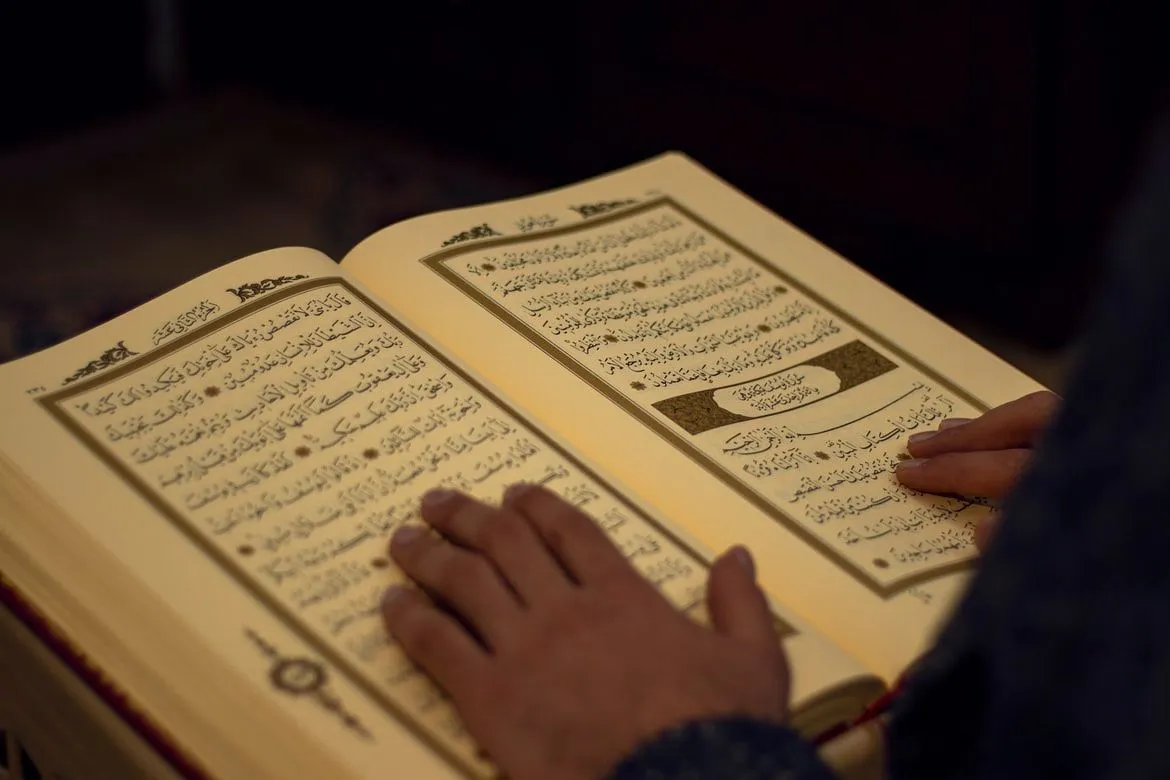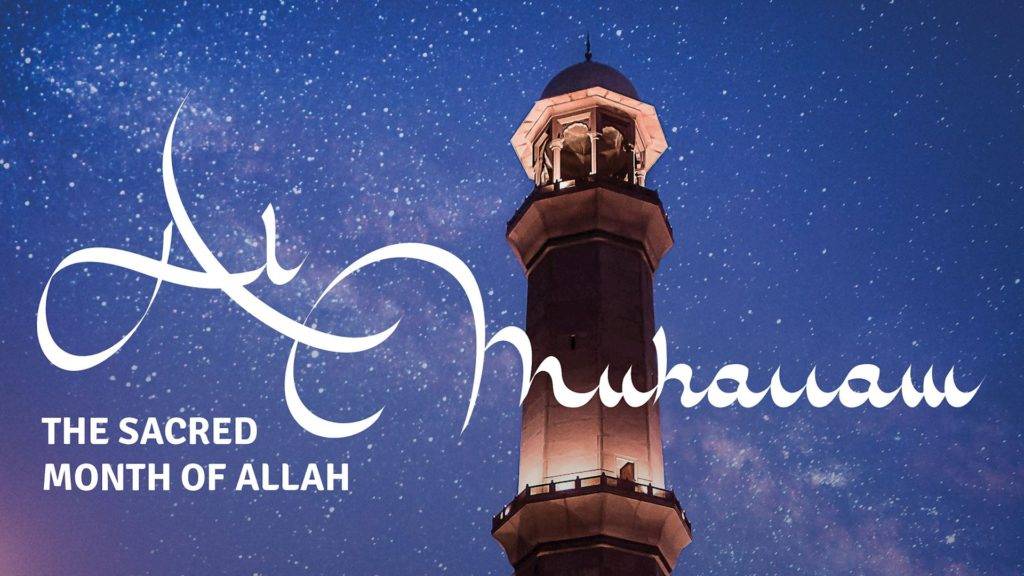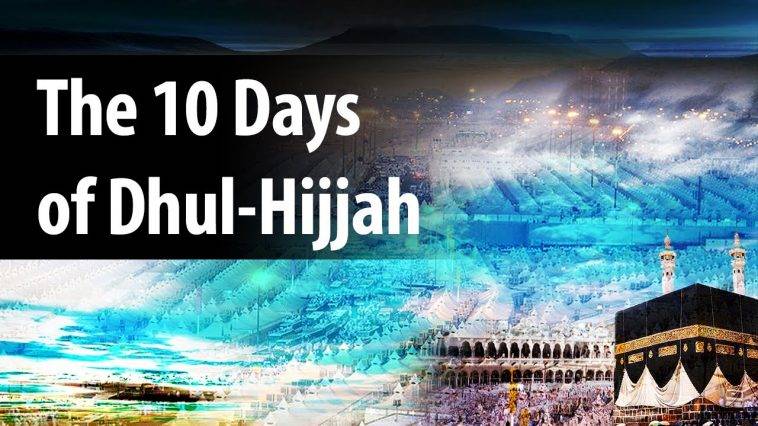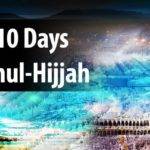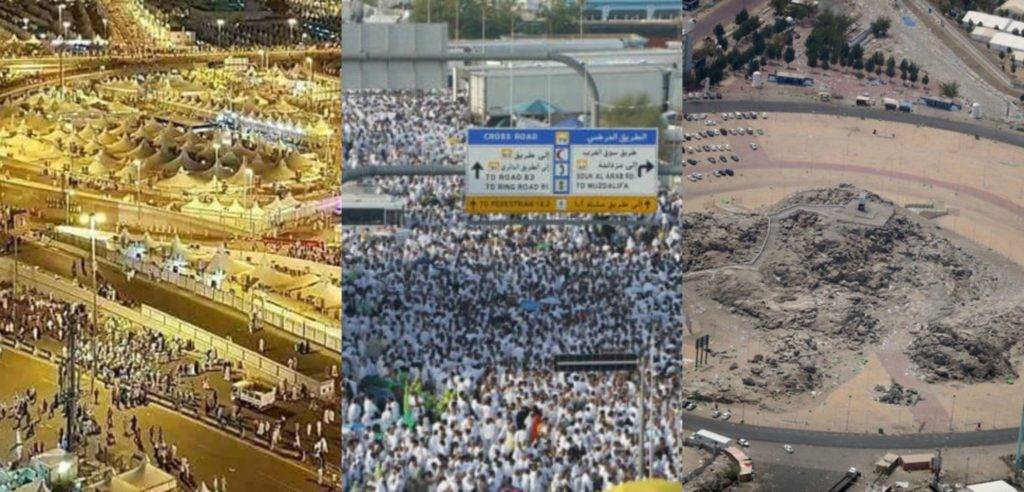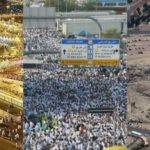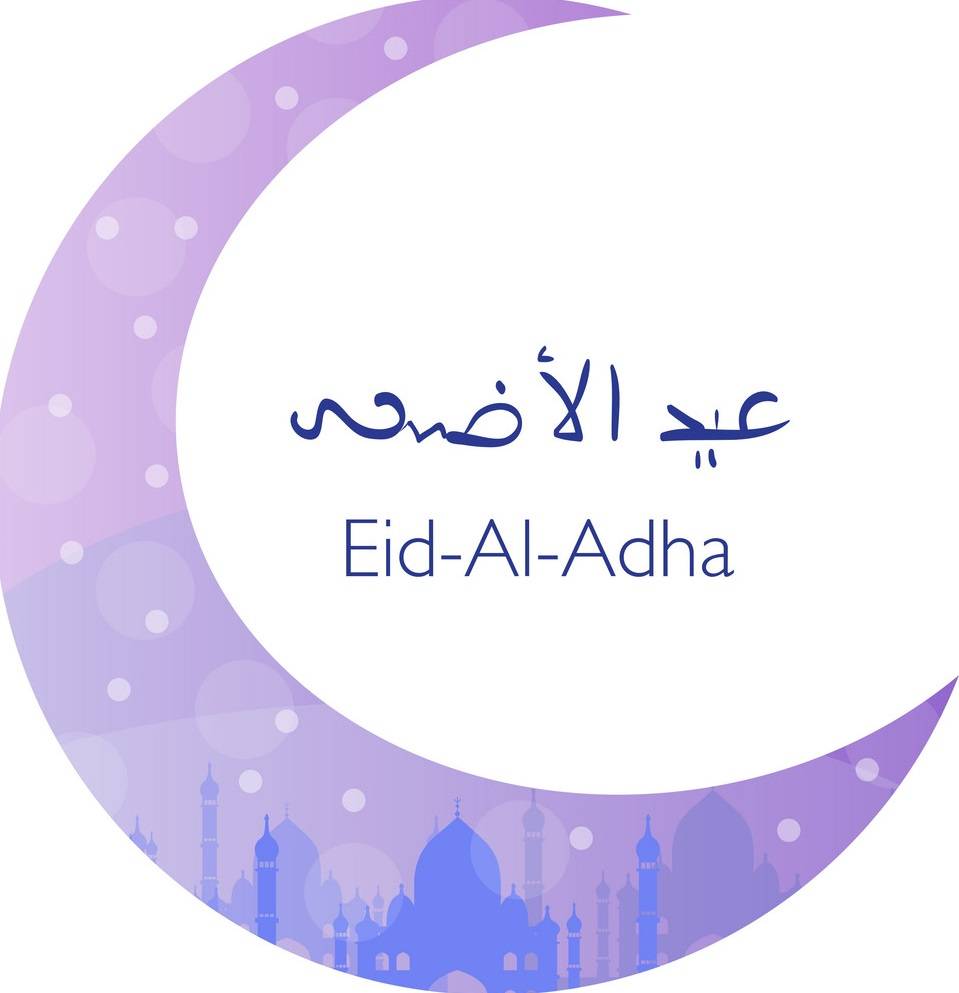
Eid ul Adha is the 2nd great Muslim festival celebrated with so much zeal and enthusiasm. On three days of Eid ul Adha, we sacrifice animals remembering the unforgettable sacrifice done by Hazrat Ibrahim (AS).
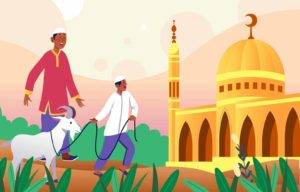
The Meaning and celebration of Eid ul Adha
Eid al-Adha is known as the Feast of Sacrifice or Greater Eid. The meaning of Eid is “festivity” or “celebration” while “zuha” is coming from “uzhaiyya” which means “sacrifice”. This eid is celebrated on the 10th day of the lunar month that is Dhul-Hijjah every year after the day of Arfah (Hajj day).
We all are aware that Hajj is the 5th pillar of Islam and it is obligatory for Muslims to perform Hajj when they can afford Hajj and bear all expenses of it. In the case of women, the mahram is necessary to go to the hajj. The relations of father, brother, husband, son, and some other relations as described in the Quran come in the category of mahram for women.
The Concept of Eid ul Adha
Eid ul Adha is mentioned at different places in the Holy Quran. The sacred festive is stated in Surah Baqrah verse 196 and in many hadiths (sayings of Prophet Mohammad Peace be upon him).
One of the verses is mentioned here:
And complete the Hajj and ‘umrah for Allah. But if you are prevented, then [offer] what can be obtained with ease of sacrificial animals. And do not shave your heads until the sacrificial animal has reached its place of slaughter.
(Surah Baqrah verse 196)
Celebration of Eid Ul Adha rituals
We start this sacred day with the offering of 2 rakat Salah of Eid and then sacrifice the animal in the name of Allah.
Narrated by Al-Bara’ (May Allah be pleased with him): I heard the Prophet (Peace be Upon Him) delivering a Khutba (sermon) saying, “The first thing to be done on this day (first day of ‘Id ul Adha) is to pray; and after returning from the prayer we slaughter our sacrifices (in the name of Allah) and whoever does so, he acted according to our Sunnah (traditions).”
(Bukhari, Volume 2, Book 15, Number 71)
Why do Muslims celebrate Eid ul Adha?
We celebrate Eid ul Adha in the honor of the great Prophet Ibrahim (AS) who was all ready to sacrifice one of the biggest blessings of his life that was his son Ismail (AS) for the sake of Allah. Prophet Ibrahim was obediently sacrificing his son as per the order of Allah Almighty in his dream without giving a second thought to his wish.
The son and father both realized that this was not just a dream and it is an order from Almighty Allah. Ismail (AS) said, “Do what you are commanded, you shall find me very patient insha Allah (if Allah wants).” Ibrahim (AS) and Ismail (AS) both submitted themselves to the will of Allah. Prophet Ibrahim placed his son in a prostrate position, put his forehead on the ground, and placed a sharp knife towards his neck. However, this was a trial for both of them so Allah replaced it with a ram.
The verse in the Holy Quran states:
And when he reached with him [the age of] exertion, he said, “O my son, indeed I have seen in a dream that I [must] sacrifice you, so see what you think.” He said, “O my father, do as you are commanded. You will find me, if Allah wills, of the steadfast.”
(Surah Saffat verse 102)
The purpose of sacrificing is narrated in Quran in Surah Hajj:
Their meat will not reach Allah, nor will their blood, but what reaches Him is piety from you. Thus have We subjected them to you that you may glorify Allah for that [to] which He has guided you, and give good tidings to the doers of good.
(Surah Hajj Verse 37)
The Holy Quran clearly states that it is the devotion of the hearts that reaches Allah. It is to remind us that all things belong to Allah and we have to prepare for all kinds of sacrifices for the sake of Almighty Allah.
Verdict
So we should all give our sacrifices to please Allah solely and make lots of Dhikr in this sacred month of Dhul-Hijjah.
May we all do righteous deeds and pour kindness into every act. If you have some thoughts to share with MuslimKits then write to us. We would love to spread your knowledge.

